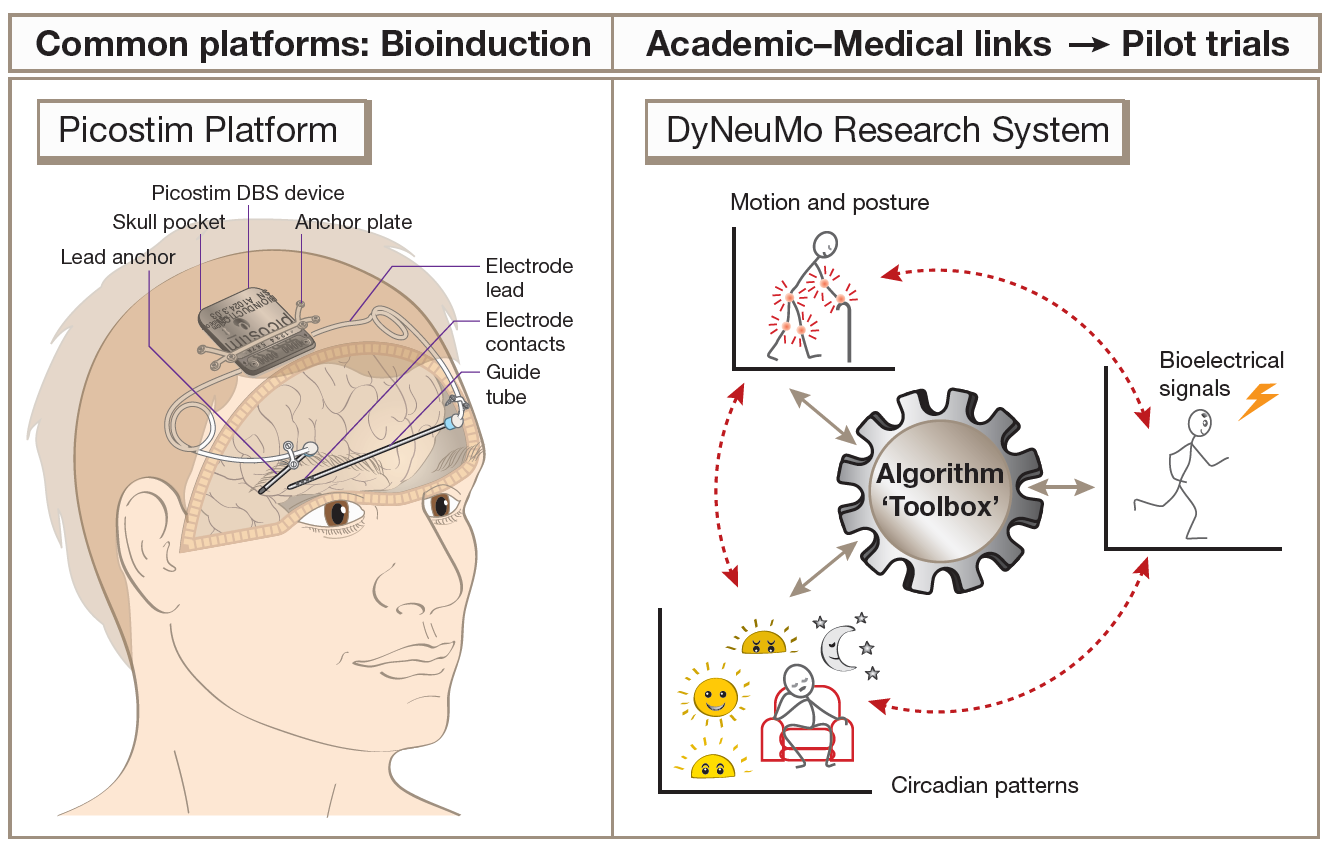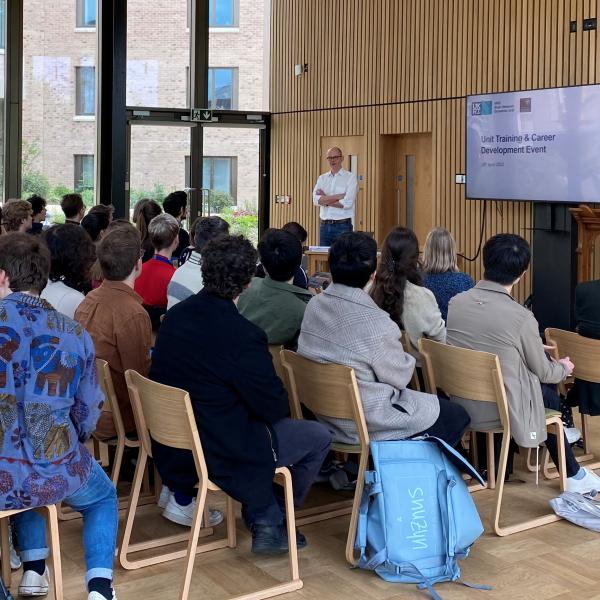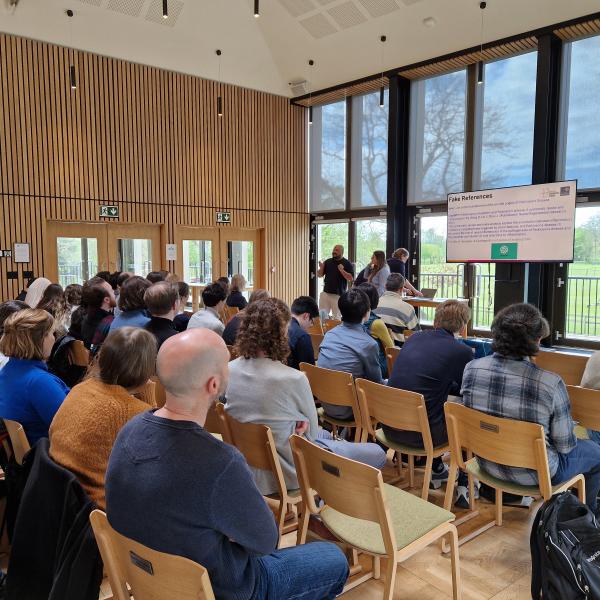Unit supports first-in-human bioelectronics for tackling brain disorders
Unit supports first-in-human bioelectronics for tackling brain disorders

We are excited to announce that Unit researchers have made pivotal contributions to a first-in-human implant of a bioelectronic research system designed to advance the development of new and improved treatments for brain disorders.
Working with collaborators at the University of Oxford’s Nuffield Department of Surgical Sciences and Department of Engineering Science, and in partnership with industry, Unit researchers will help deliver the MINDS feasibility study, an innovative clinical trial of a novel brain pacemaker for stimulation of deep brain structures in patients with Multiple Systems Atrophy.
The pacemaker device is part of an investigational research platform, the ‘PicostimTM-DyNeuMo,’ which was developed as part of a strategic collaboration between Unit Group Leader Professor Tim Denison and the UK-based bioelectronics technology company Bioinduction Ltd.. Going forward, the research team aim to identify electrophysiological brain signals that can be used as biomarkers to indicate pathological states, and investigate how these vary throughout the day/night cycle, with a view to ultimately developing ‘closed-loop’ brain stimulation patterns that optimise symptom management and improve sleep.
Professor Tim Denison, who will lead the Unit’s contribution to the MINDS study, commented “Implantable stimulators provide a unique platform for enabling clinical neuroscience by providing 24/7 access to brain networks. Scientific instrumentation first serves to help understand disease pathology and can then be configured to prototype enhanced therapy options including customization for patient-specific physiology. The creation of fully-implantable clinical research tools required cooperation between academics and industry to ensure the instrumentation meets stringent regulatory standards, and the PicostimTM-DyNeuMo research tool is the result of symbiotic collaboration with Bioinduction leveraging their PicostimTM platform.”
2021. Front Neurosci, 15:734265.



